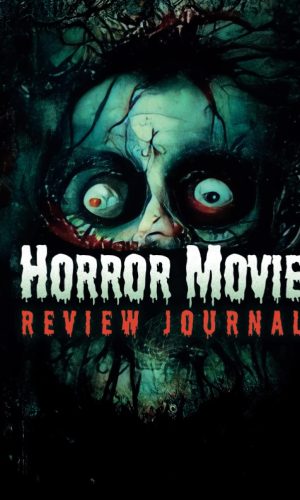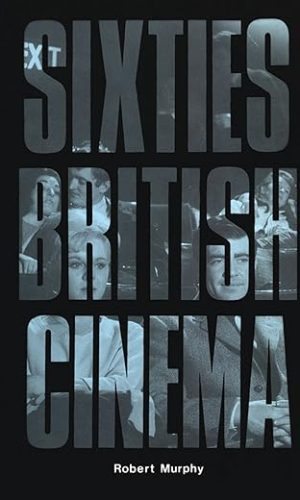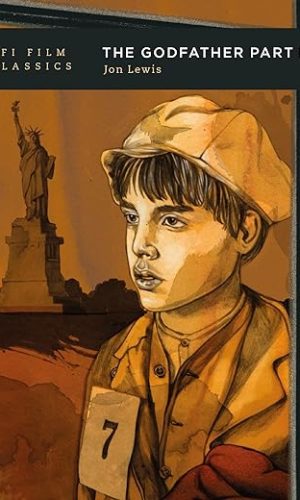Guides & Reviews
-
Horror Movie Review Journal: A Horror Movie Logbook for Horror Movie Lovers, Critics and Film Enthusiasts | Rate, Review and Record Synopsis Notebook for Horror Film Buffs |…
Whether you enjoy movies for 31 days of Halloween or are addicted to horror all days of the year, use this journal to help you organize and log your thoughts on the adrenaline-pumping and mind-bending movies you watch.
Features:
- Write a movie summary with details of the horror film. What was the release date, director’s name, favorite characters, and favorite quotes?
- Review the horror movie by sub-genre. Was it a horror comedy, psychological horror, zombie horror, folk horror, sci-fi horror, slasher, or good ol’ found footage film?
- Space to review the film. What did you like about the film and what did you hate?
- Space to elaborate more on your love for horror in a Horror Notes section in the back of the journal
- Give an overall rating.
This paperback movie review journal/ logbook is 8.5” x 11” with 120 pages. It’s the perfect size notebook to give you space to flesh out ideas on your chosen horror film.
Read more
£6.60 -
Sixties British Cinema (The History of British Film)
British films of the 1960s are undervalued. Their search for realism has often been dismissed as drabness and their more frivolous efforts can now appear just empty-headed. Robert Murphy’s ‘Sixties British Cinema’ is the first study to challenge this view. He shows that the realist tradition of the late ’50s and early ’60s was anything but dreary and depressing, and gave birth to a clutch of films remarkable for their confidence and vitality: ‘Saturday Night and Sunday Morning, A Kind of Loving,’ and ‘A Taste of Honey’ are only the better known titles. ‘Sixties British Cinema ‘revalues key genres of the period – horror, crime, and comedy – and takes a fresh look at the ‘swinging London’ films, finding disturbing undertones that reflect the cultural changes of the decade. Now that our cinematic past is constantly recycled on television, Murphy’s informative, engaging, and perceptive review of these films and their cultural and industrial context offers an invaluable guide to this neglected era of British cinema.Read more
£26.60 -
The Godfather Part II (BFI Film Classics)
Francis Ford Coppola’s The Godfather, Part II (1974) is a magisterial cinematic work, a gorgeous, stylized, auteur epic, and one of the few sequels judged by many to be greater than its predecessor. This despite the fact that it consists largely of meetings between aspiring ‘Godfather’ Michael Corleone and fellow gangsters, politicians and family members. The meetings remind us that the modern gangster’s success is built upon inside information and on strategic planning. Michael and his father Vito’s days resemble those of the legitimate businessmen they aspire or pretend to be.Jon Lewis’s study of Coppola’s masterpiece provides a close analysis of the film and a discussion of its cinematic and political contexts. It is structured in three sections: “The Sequel,” “The Dissolve,” and “The Sicilian Thing” – accommodating three avenues of inquiry, respectively: the film’s importance in and to Hollywood history, its unique, auteur style and form; and its cultural significance. Of interest, then, is New Hollywood history, mise-en-scene, and a view of the Corleone saga as a cautionary capitalist parable, as a metaphor of the corruption of American power, post-Vietnam, post-Watergate.
Read more
£12.20



